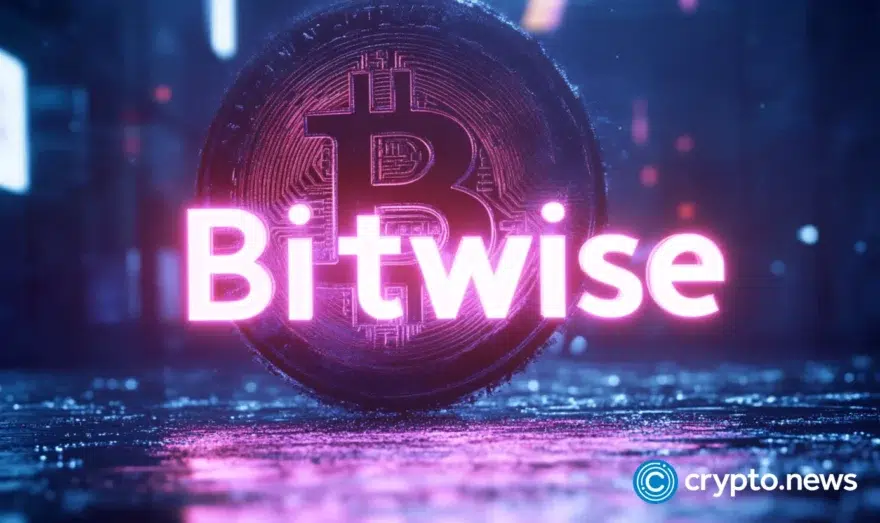Craig Wright loses UK court battle

Self-appointed bitcoin creator Craig Wright has lost his U.K. legal battle.
Self-proclaimed Bitcoin creator, Craig Wright, has lost the cryptocurrency’s copyright claim in a U.K. court. The judge has ruled against the Australian computer scientist on the basis that the bitcoin file format cannot be protected by copyright.
Bitcoin’s file format is not literary work
Wright, who claims he is the author, Satoshi Nakamoto, of the 2008 bitcoin whitepaper, took to the court that he should have the ability to block the operation of bitcoin (BTC) and bitcoin cash (BCH). The reasoning is that they breach his intellectual property rights.
The claim was against several defendants associated with Bitcoin, some being several Coinbase units. According to Wright, the Bitcoin Satoshi Version (BSV) is the authentic form of crypto.
During the court hearing, Judge James Mellor explained that bitcoin’s file format(the sequence of a header and a list of block transactions) is not literary work. Also, he mentioned that since Wright was yet to show how they were first recorded, a test called fixation in copyright law, he cannot claim its ownership.
So far, as Mellor puts it, the court gave Wright and the two investment companies that brought about the case enough time to come up with content defining the Bitcoin File Format structure. Mellor added that the 2008 whitepaper copyright claims, and if Wright is the actual author, will be the subject of later rulings.
A series of desperate moves to attract attention
In an earlier ruling, the U.K. Court of Appeal said the claim by Wright’s Tulip Trading involving 16 bitcoin developers could head to trial in London.
Multiple witnesses gave forensic evidence of Wright’s documents in another case heard in Oslo last year. The documents aimed at backing up his claim to be Nakamoto. However, there were discrepancies, such as the fonts on the document were not available at the time.
Meanwhile, Wright has been associated with other controversies, including reports that he plagiarized a large section of his Ph.D. thesis. Further, he was asked by a federal court in West Palm Beach, Florida, to pay $43 million to a venture he co-founded after illegally getting away with intellectual property as crypto.news reported.

















